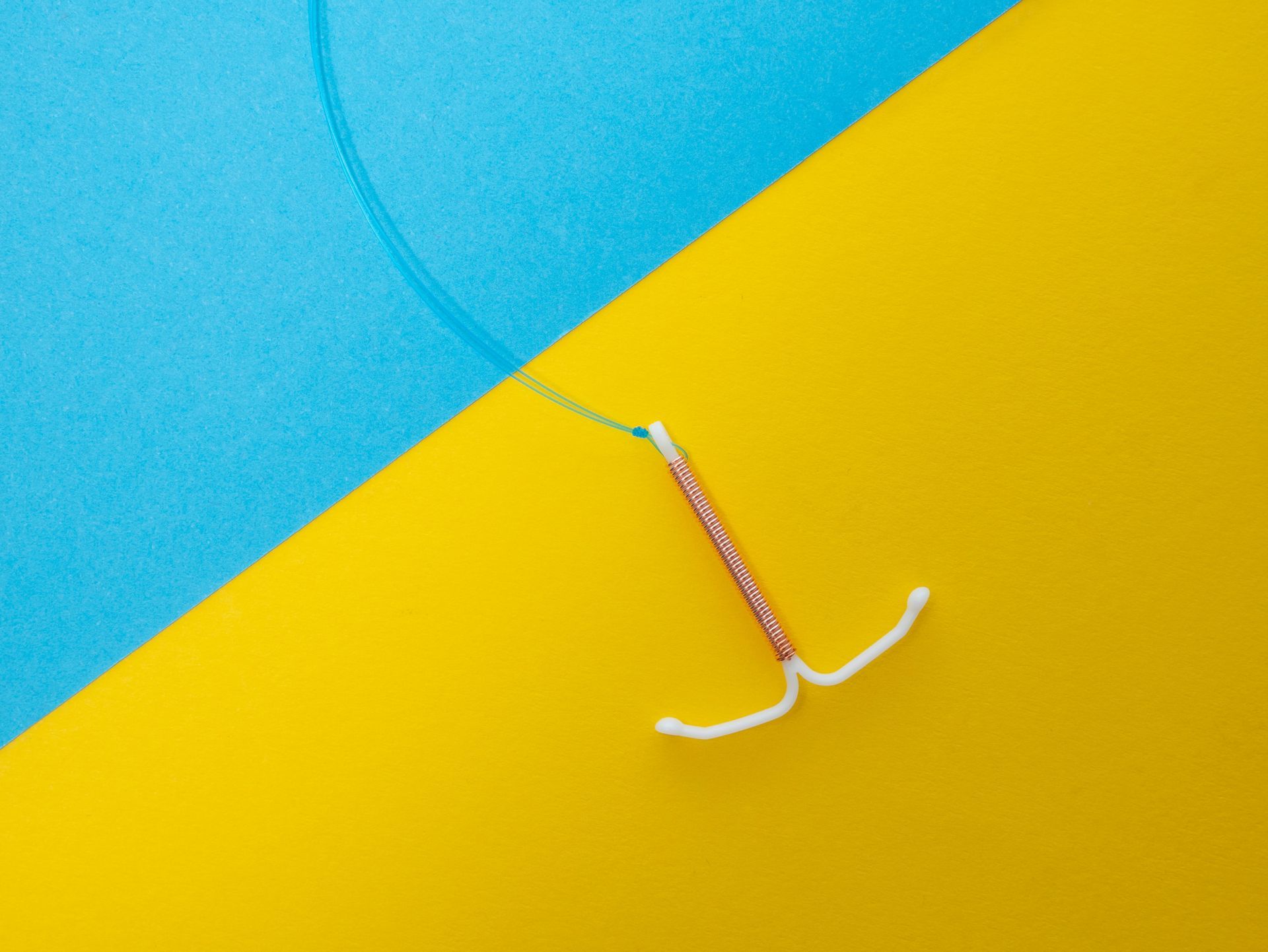How do Copper IUDs like Flexi-T Affect a Woman's Long-Term Fertility?
Many myths exist about using an intrauterine device or IUD birth control. One is that it can potentially cause infertility. An IUD is a method of long-term birth control designed to prevent pregnancy. Most of the time, it is safe. However, that doesn’t mean there are not some risks of complications.
Still, it is one of the easiest and most effective forms of contraception available. When used correctly, the risk of conditions that can lead to infertility is small, such as pelvic inflammatory disease (PID). Consider some facts about IUDs and infertility.
What Is PID?
Pelvic inflammatory disease is an infection in the uterus, fallopian tubes, or the ovaries. Severe or chronic cases of PID can cause infertility and prevent pregnancy.
The cause of PID is
bacteria that enters the womb via the vagina. A woman with PID might experience:
- Pain in the abdomen and pelvis
- Vaginal discharge
- Unusual bleeding between periods and after sex
- Painful sex
- Fever
- Painful urination
PID is a very serious medical condition, one that can have potentially life-threatening complications. It can also result in infertility if left untreated.
Decades ago, there was concern about IUDs causing pelvic inflammatory disease. However, recent studies have shown earlier concerns were exaggerated.
It is possible that a woman could get PID from a copper IUD, but the risk is small – about one percent, according to a 2001 study published in The New England Journal of Medicine.
Often women who develop this condition when they have an IUD are at risk for sexually transmitted diseases such as gonorrhea or chlamydia. In other words, they might develop the infection whether they have an IUD or not.
An IUD might also exasperate an existing, untreated infection. This is why a healthcare provider will do a complete medical history and exam before inserting the IUD. The patient should make it clear if you are experiencing any symptoms of a PID so that it can be treated.
Does a Copper IUD Increase the Risk of Infertility?
There is no evidence that getting a copper IUD instead of a hormonal one will increase the risk of infertility. The copper on the birth control intrauterine device is a minimal amount. It works as a spermicide to prevent fertilization of an egg that can lead to pregnancy.
None of that should impact fertility once the device is removed. In fact, the study that lists the risk at about one percent refers specifically to copper IUDs.
Are There Disadvantages to Non-Hormonal IUDs?
A non-hormonal IUD is different from the hormonal one. Hormonal IUDs release a hormone that prevents ovulation. That means the ovaries do not release an egg for fertilization, so it prevents pregnancy.
With a copper IUD, ovulation still occurs, so technically, the patient is still fertile. The copper creates an environment around the egg that keeps sperm away from it. That is how it prevents pregnancy.
Hormonal birth control, including IUDs, comes with symptoms such as weight gain, headaches, and moodiness. The patient might also experience lighter periods or skip them altogether.
The women will continue to have periods with non-hormonal IUDs, which might be heavier. The patient might have more cramping during the period or even when they don't. That can last three to six months. Eventually, the body gets used to the IUD, and the side effects tend to fade.
None of that would affect fertility, though. The patient is still fertile when the non-hormonal IUD is inserted, because they still ovulate. The IUD simply prevents interaction between sperm and the egg.
That is why it is often used as emergency contraception to prevent pregnancy. It takes time for sperm to reach an egg. So, if the copper IUD is inserted within seven days after having unprotected sex, it can prevent pregnancy.
What Happens After IUD Removal?
After the removal of an IUD, the patient can get pregnant again. If the woman has a copper IUD, pregnancy can occur right away. If it is with a hormonal IUD, the patient may have to wait until their cycle begins again.
If the patient struggles to get pregnant after removing an IUD, they may have had a pre-existing problem. It is possible the woman developed an infection while they had the device in place, but the risk is small.
Any time the patient is trying to get pregnant and can’t, they should see a family planning doctor to find out why. This is true whether they had an IUD or not. There are many potential causes of infertility.
Discover more about the copper IUD by visiting the Flexi-T website today.













